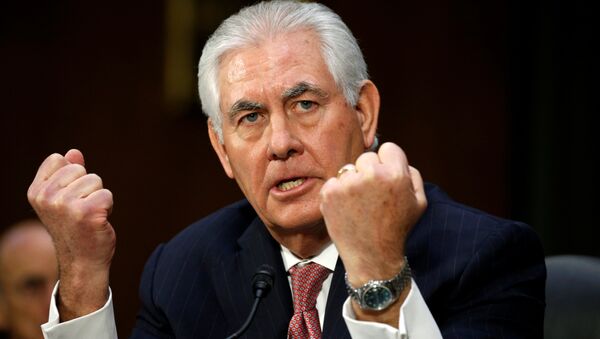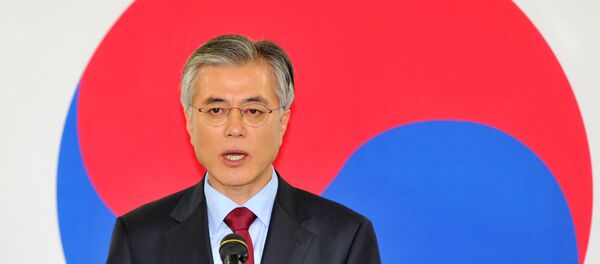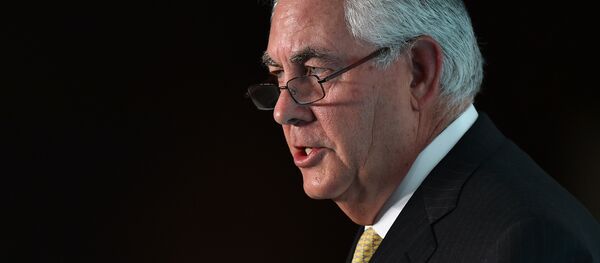According to Lawrence, the visit to South Korea is the key leg of Tillerson's trip, as Park's impeachment has jeopardized US plans to deploy the THAAD anti-missile system in the country. The move, to counter the North Korean nuclear threat, is facing fierce opposition among South Koreans. President Park has been playing along with the United States on this issue.
Acting President Hwang Kyo-ahn, however, is obliged by law to call new elections in 60 days. Described by Lawrence as a "creature of Park Geun-hye," Hwang's tenure may create a short window of opportunity for the US to deploy the controversial system. But, as he is associated with the impeached president, Hwang's chances of winning the election are extremely low. South Korea's celebrated democracy, then, may very well backfire on the US.
Aside from the THAAD issue, Washington must decide on its approach to North Korea.
"There is no standing still on North Korean question," Lawrence says. "Either we open the new negotiations with them, or we become more aggressive militarily."
In fact, military confrontation is not the only way the United States might approach North Korea. While the DPRK is consistently portrayed as aggressive, irrational and totalitarian, it was not until Nobel Peace Prize winner Barack Obama's presidency that that the US ceased negotiations with DPRK in 2009: both Presidents Clinton and Bush engaged in negotiations with Pyongyang, while South Korea implemented the Sunshine Policy which opened opportunities for cooperation between the two countries.
Lawrence reminded listeners that during the Korean War, the US Air Force destroyed every structure higher than one story in the country.
"The main complaint of the US pilots during the war was that there was nothing left to bomb," Lawrence says.
Bombings also eliminated 20% of North Korean population, and this, according to Lawrence, is the real reason behind North Korea's determination to ensure its safety through nuclear weapons and its reluctance to negotiate.
"This has been erased [from history textbooks]," Lawrence says. "That's how we maintain the fiction of wild North Korean irrationality."
Should it nevertheless resort to negotiations, the United States will have to face a very strong resistance from within, since the military industrial complex is the force that is critically interested in keeping tensions in the region high; keeping significant numbers of US armed forces in the region is necessary to project US power in Asia, but this can only be justified if there is a clear and present danger: "demonic" North Korea and its nuclear weapons.
"We are heavily dependent on the conflict in this country. We are absolutely dependent on maintaining the high degree of tension on the Korean Peninsula," Lawrence says.
There is even a possibility that US generals will denounce President Trump's direct order to withdraw from the region. This happened in 1977, right after then-President Jimmy Carter announced the withdrawal of US troops from South Korea. A very similar thing, according to Lawrence, happened after President Trump announced his intention to de-escalate, or "normalize" US relations with Russia.
"Nobody should be under any illusion as to the limited extent to which the civilian government in Washington is in actual control of the Pentagon," Lawrence says.






